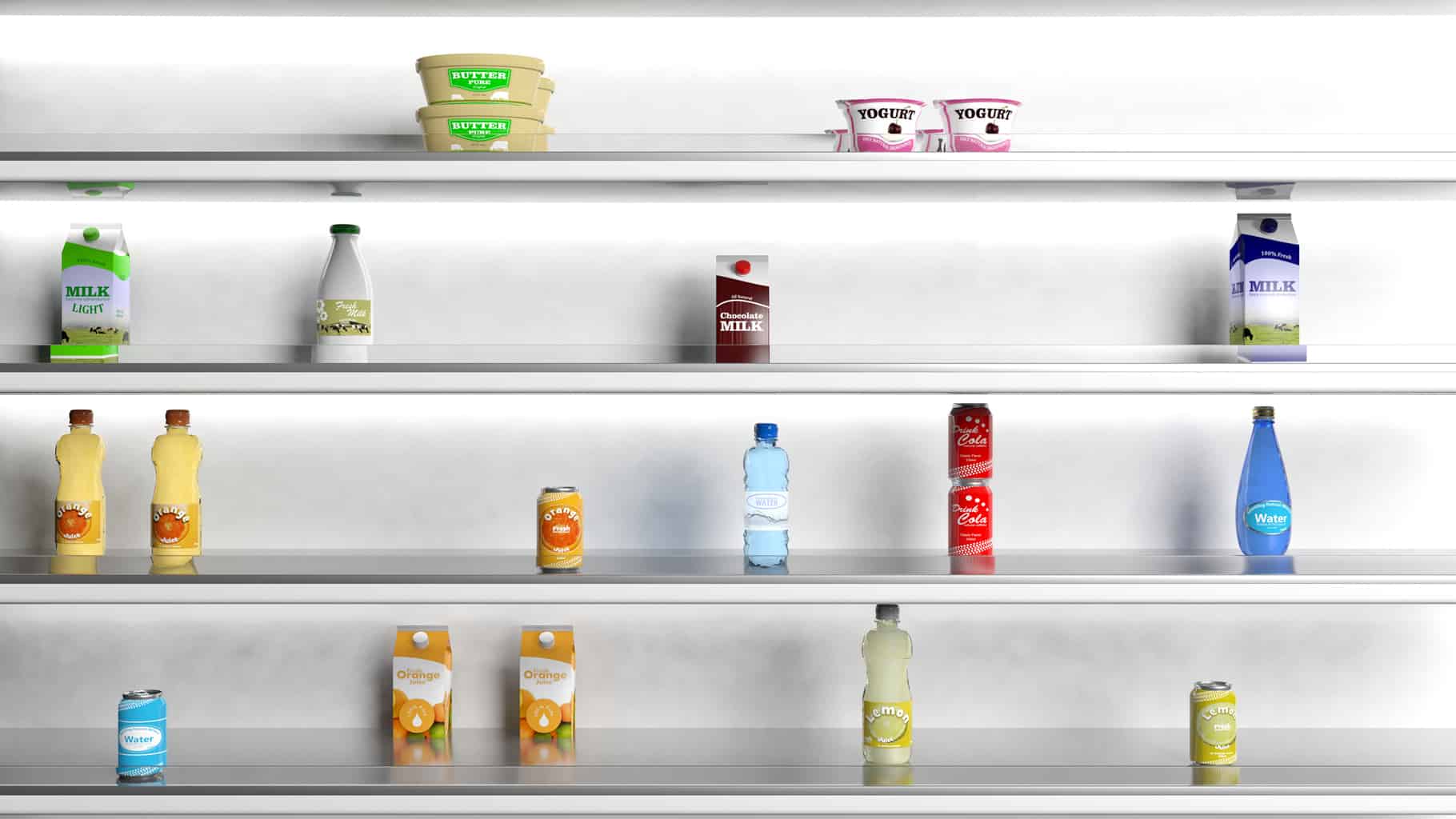Much has been said about the ordeal of a no-deal Brexit, a situation that is all the more likely with Brexit-campaign architect Boris Johnson at the helm of the United Kingdom. Britain’s Food and Drink Federation (FDF) on August 7 warned the country that an unprepared divorce from Europe would lead to shortages of food for several weeks or even months, courtesy of the logistical nightmare that would ensue at the ports.
The problem lies in British competition law, which prohibits agreements or practices that restrict free trading between different business entities. Unless the U.K. suspends the competition law on account of a no-deal Brexit, companies will run the risk of incurring hefty fines if they decide to work together during the precipitous times, the FDF pointed out.
“Competition law is important, but in the event of no-deal disruption, if the government wants the food supply chain to work together to tackle likely shortages — to decide where to prioritise shipments — they will have to provide cast-iron written reassurances that competition law will not be strictly applied to those discussions,” said Tim Rycroft, the CEO of FDF, to The Guardian.
For minimizing the impact of a no-deal Brexit on the supermarket shelves, companies will likely be forced to work together. The Competition and Markets Authority, the enforcer of the competition law, will be legally required to levy fines on the companies working together, as it will be in direct defiance to the regulation. However, the U.K. government can suspend it under exceptional circumstances.
Being an island with proximity to the European mainland has made the U.K. highly dependent on the EU for its food needs. In 2017, the U.K. produced exactly half of its food consumption needs, with 30 percent of the food consumed being imported from the EU.
On the contrary, U.K.’s food exports have always been modest in comparison to its import numbers. The difference is perhaps felt the hardest in the fruit and vegetable segment, with exports of £1.2 billion and imports of £11.1 billion in 2017 — a substantial trade deficit that could come to haunt the Britons after October 31.
The problem with food is that it is perishable, with long queues and drayage idling time at the ports directly affecting the quality of food that comes ashore after customs clearance. However, Rycroft assured that though this might cause logistics hiccups initially, it will not lead to a situation in which the U.K. will be left to starve.
The manner of exit will be an added concern considering the time of Brexit, which roughly coincides with the start of winter, when food imports to the U.K. from the EU are in full vigor. Rycroft mentioned that the U.K. imports close to 60 percent of all its food from the start of November, coinciding with the date of Brexit. He believed that the cost of preparing for a no-deal Brexit would amount to £100 million a week in reserve warehousing and alternative distribution costs.
Even during the original March Brexit deadline, businesses were looking to import dry food products to the U.K. to stock them, fearing complexities at the ports. Companies now look toward less-congested U.K. ports for moving their products, with some companies even looking to reserve air freight capacity in the run-up to the October deadline.
One of the lesser-discussed issues within the food logistics realm is the human quotient to its value chain. The U.K. is home to several thousand expats from mainland Europe who work in the country as truck drivers, warehouse workers and as supermarket employees. And if the going gets tough in the U.K. post-Brexit, there is a very real possibility of these people returning home, leaving the U.K. short of labour.










